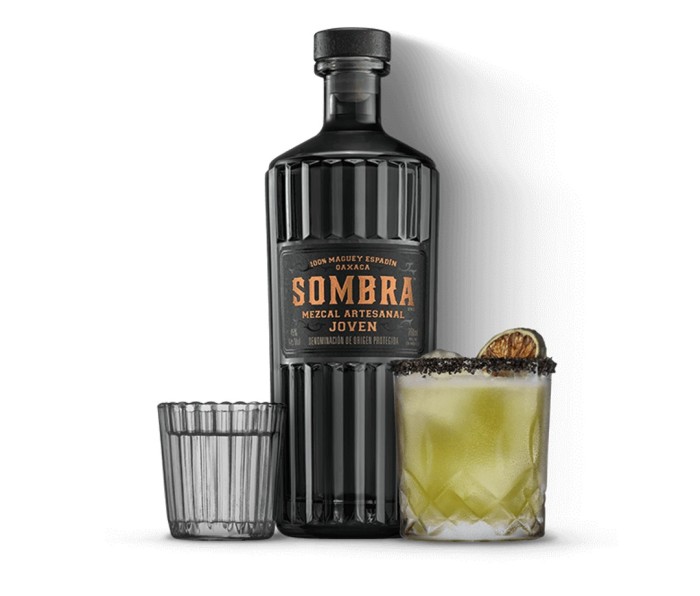All things considered, espadín might seem like a default option prized for its ease and efficiency. That doesn’t mean you should count it out for taste or quality, though. While blue agave is prized in tequila-making for producing a consistent spirit with a crisp, clean taste, espadín can produce mezcals with a wide range of deep flavor characteristics.
“The terroir defines the flavors, so the minerals you find in the land, and exposure to sun and water, will make each espadín unique,” says Hernandez.
The espadín used in bottles of Bozal, for example, are grown at an altitude of 4,800 feet in Oaxaca’s Río de Ejutla, and produce a mezcal with notes of wet earth, rich smokiness, and botanicals. By contrast, Del Maguey’s San Luis Del Rio offers an abundance of fruit notes and cocoa, because the agave is sourced from the steep slopes along the Rio Hormiga Colorada (Red Ant River).

Types of wild agave in mezcal
“There’s an increasing interest in mezcal in the U.S., so we’re now seeing more producers using some of the wilder species, taking the time to educate the drinker on what specific agave species are used and where they come from,” says Hernandez.
Wild agave renders more complexity. Hernandez cites varieties like tobasiche as a prime option, which is known for imparting herbaceous notes of cedar and botanicals. Mexicano agaves, on the other hand, are known for a balance of sweet and savory flavors.
Take note when purchasing bottles with certain wild varieties. Tepeztate (or tepextate), for instance, grows wild in the foothills of the Sierra Oaxacan mountains at a painstakingly slow rate of up to 25 years, and is key to the local ecosystem. These particular agaves can also grow horizontally out of the cliff sides, which makes harvesting them dangerous. It goes without saying a bottle of tepeztate mezcal is a luxury and should be sipped like one. Savor the intense, spicy flavors and a green, earthy aroma.
Comments are closed.